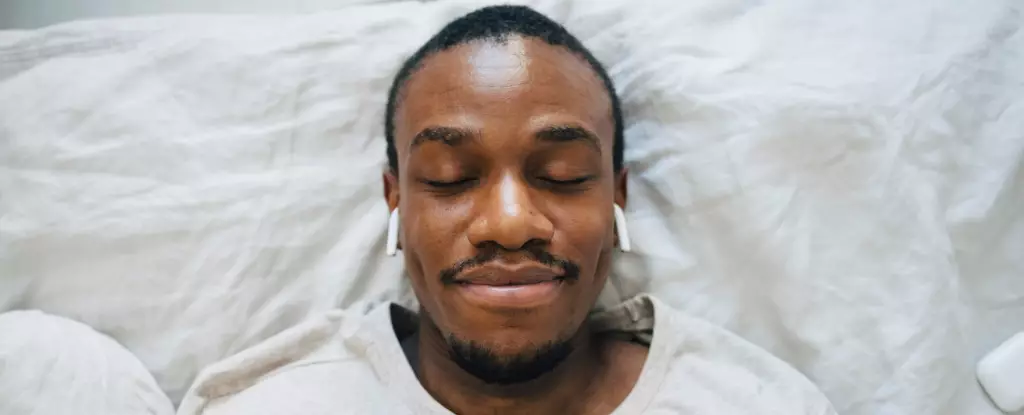Neurogenesis, the process of generating new neurons, has long been considered a phenomenon of youth. Traditionally, scientific consensus suggested that our brains reach their full complement of neurons during early development, primarily in childhood. Recent advancements in neuroscience challenge this notion, unveiling that adult brains can indeed produce new neurons, albeit at a diminutive rate. This article delves deep into the implications of neurogenesis for human cognition, particularly in the context of learning, memory, and neurological conditions.
For years, researchers have grappled with the question of whether neurogenesis persists in adulthood and what role it might play in cognitive functions. Past studies indicate that individuals diagnosed with neurological conditions such as epilepsy or Alzheimer’s disease demonstrate a significant reduction in the formation of new neurons compared to healthy individuals. This observation raises an intriguing question: Does the diminished production of neurons contribute to the cognitive difficulties observed in these disorders?
Though research findings have been mixed, our understanding of neurogenesis has evolved. A collaborative effort by a multidisciplinary team—including stem cell researchers, neuroscientists, and neuropsychologists—has provided valuable insights into the nuances of neurogenesis and its ramifications for learning and memory in adults.
Recent studies have illuminated a fascinating correlation between the birth of new neurons and cognitive functions, particularly in the realm of verbal learning. By examining patients with drug-resistant epilepsy, researchers assessed cognitive functions before and after brain tissue samples were obtained during surgery. This innovative approach allowed for a microscopic analysis of neurogenesis markers, shedding light on how new neurons may bolster verbal learning capabilities.
The results were astonishing: the presence of newly formed neurons in adult brains was correlated with a decrease in cognitive decline related to verbal learning. This significantly diverges from findings in animal models, specifically mice, where new neurons predominantly support spatial learning and navigation. Hence, this distinction highlights not only the complexity of neurogenesis in different species but also its potential implications for therapeutic advancements in human cognitive health.
The Impact of Aging and Neurological Disorders on Cognitive Function
As populations age globally, the burden of cognitive decline on healthcare systems is becoming increasingly palpable. Conditions like Alzheimer’s and other forms of dementia exacerbate this crisis, highlighting the urgency of researching neurogenesis as a potential avenue for mitigating cognitive decline. The recent findings emphasize that language and conversation—integral parts of personal interactions—are particularly susceptible to deterioration as we age.
Interestingly, the decline in cognitive functions related to verbal communication can be a major roadblock for maintaining relationships and overall quality of life. Thus, enhancing neurogenesis may emerge as a critical strategy for improving memory retention and learning ability in aging adults and individuals with neurological disorders.
While the relationship between neurogenesis and cognition holds promise, practical applications in clinical settings remain nascent. Current pharmacological treatments for epilepsy primarily focus on controlling seizures instead of tackling the cognitive deficits that patients often encounter. This presents a significant gap in treatment, illuminating the need for innovative approaches aimed at enhancing cognitive resilience.
In an exciting development, researchers have initiated clinical trials designed to bolster the production of new neurons through aerobic exercise. Phase 1 of this trial seeks to establish the safety of this intervention for individuals with epilepsy, signaling a proactive step toward establishing holistic therapies that simultaneously address both seizures and cognitive health.
By merging foundational studies in neurogenesis with clinical research aimed at practical applications, researchers hope to create comprehensive strategies that promote brain health throughout an individual’s lifespan.
The exploration of neurogenesis in adults opens up a new frontier in understanding human cognition and memory. As scientists continue to unravel the complexities of neuron formation and its implications for learning, especially in the context of aging and neurological disorders, we may soon glean strategies to revolutionize patient care.
Emerging insights emphasize the necessity of studying neurogenesis in humans to ensure that findings in animal models remain pertinent to clinical practice. By recognizing and enhancing the brain’s resilience through neurogenesis, we may pave the way for improved cognitive outcomes, unlocking new possibilities for a healthier, more vibrant brain as we age. The path ahead holds immense potential, but it will require ongoing commitment, research, and clinical innovation to convert these foundational insights into tangible benefits for patients and society alike.


Leave a Reply